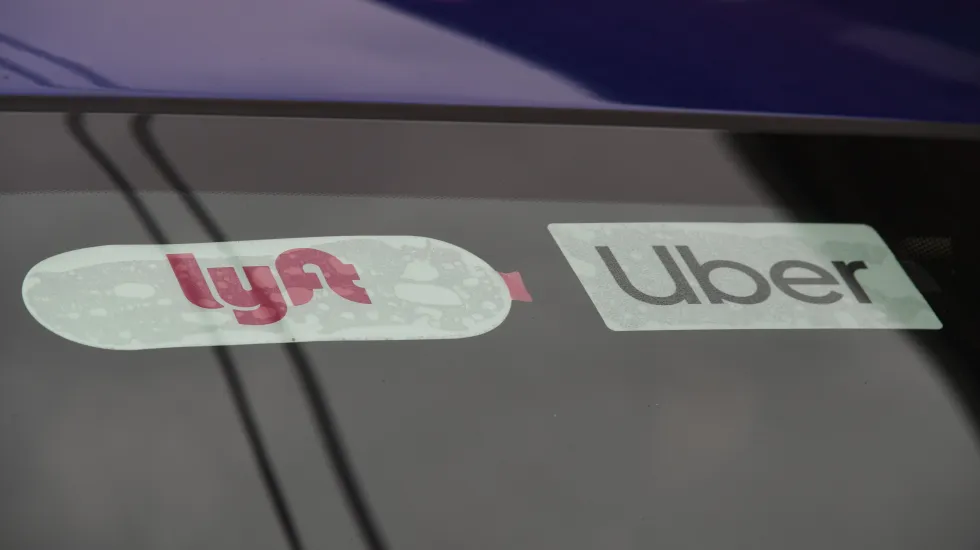
Thrust into the spotlight during the pandemic, rideshare companies have become important sources of supplemental income for thousands of Chicagoans, even as important questions persist about this new, flexible economy.
At the core of these conversations is a simple question: How much do drivers earn per hour? A proposal in Chicago City Council would increase pay by requiring that drivers earn at least $5 per trip. Some researchers want the Illinois Legislature to pass a law declaring drivers are employees, not contractors, on the assumption they would then be paid more.
But answering the earnings question is anything but simple and requires careful analysis. For individuals considering driving with Uber or Lyft, an accurate and independent assessment of earnings is critical so they can make fully informed decisions on whether to join a rideshare platform here in Chicago.
Opinion
To dig into the question, Uber asked us, the Anderson Economic Group (AEG), to independently measure the average hourly earnings of drivers on the Uber platform in Chicago. While Uber provided AEG with data, the company did not direct or influence the direction of our study.
We studied driver earnings after COVID-19 shutdowns began to lift between May and August 2021, as well as prior to the pandemic between 2018-2020.
We found that between May and August 2021, Uber drivers took home nearly $35 per hour after expenses. Prior to the pandemic, Uber drivers earned $18 — $19 per hour after expenses.
How did we get to those numbers?
First, we considered the many ways individuals earn money on rideshare platforms. For example, driver pay does not only include fares from bringing a passenger from point A to point B; it also includes tips, bonuses and incentives. Much of this data is not publicly available, so previous studies that do not incorporate this additional income are not capturing all the ways drivers earn money on the platform.
Next, we quantifed the costs that drivers incurred as a result of Uber. Just as it wouldn’t make sense to attribute someone’s entire phone bill to their company when it doubles as their personal phone, it also wouldn’t make sense to attribute all of a driver’s costs to a rideshare platform when they also use their vehicle in their personal life. While driver costs are easy to identify — fuel, vehicle depreciation, maintenance and repair, personal insurance, cellular data, license and registration and vehicle cleaning — we had to be meticulous by looking at regional-specific data wherever possible. We also used data on the actual vehicles operated by Chicago drivers on Uber, to help inform our vehicle estimates.
Opinion This Week
A weekly overview of opinions, analysis and commentary on issues affecting Chicago, Illinois and our nation by outside contributors, Sun-Times readers and the CST Editorial Board.
Last, we looked at how drivers spend their time on the Uber app to be sure that only time spent driving on the app is included in calculations. When drivers have the application open outside of picking up a rider or completing a trip, they could be taking a break, operating on another rideshare or delivery platform, or simply have the app open with no intention of accepting a ride at that time. In our study, we isolated the time drivers spent with the app open either actively seeking work or completing a trip, both of which we accounted for as working hours.
Having captured the nuance of earnings, costs and time use, we felt confident making our calculations. Our custom model took into account the most accurate data on the lived experiences of real drivers in Chicago who engage with the platform. It is our hope that any future study on driver earning takes a similarly detailed approach.
Rideshare services continue to be an increasingly popular mode of transportation for Chicagoans. It’s not surprising that driving with Uber has become increasingly popular for people looking to provide for themselves and their families. Our analysis provides the answers those individuals need about true costs and earnings, so they can make fully informed decisions about rideshare work.
Tyler Theile is vice president and director of public policy and economic analysis at Anderson Economic Group, LLC.
Send letters to letters@suntimes.com







